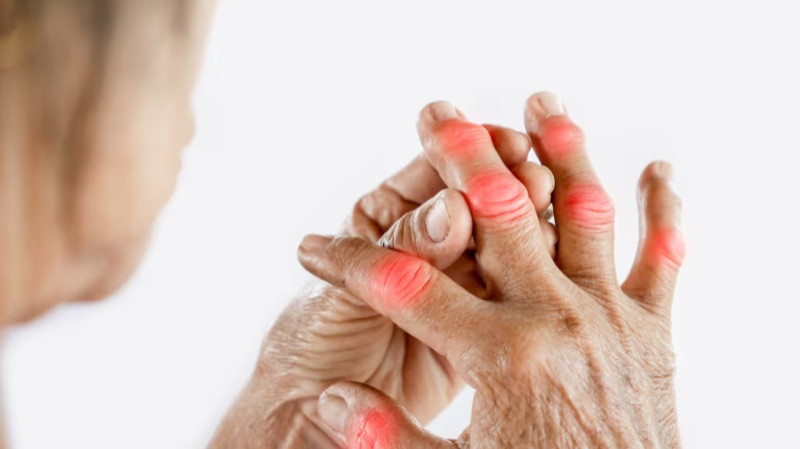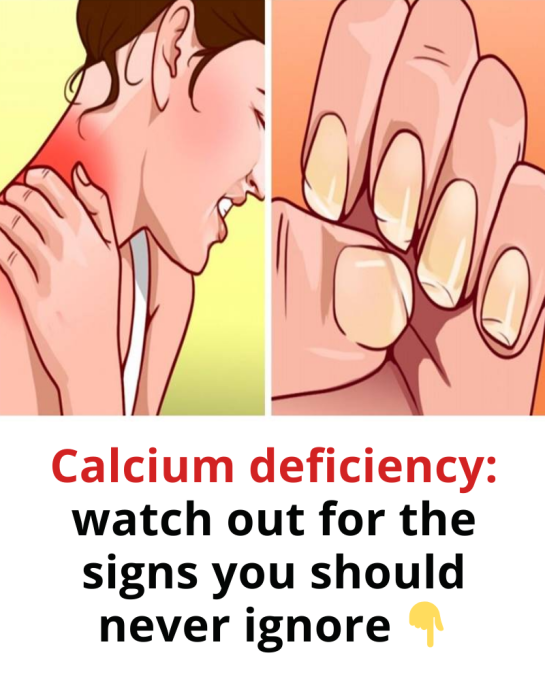5. Dry and Cracked Skin
Calcium is important for skin health too. It helps maintain hydration and elasticity. When calcium levels are low, your skin can become dry, flaky, cracked, and itchy.
Warning signs include:
- Rough, dry skin
- Cracks on the hands and feet
- Itching
- Eczema
6. Insomnia and Trouble Sleeping
Calcium aids in muscle relaxation and helps your body produce melatonin, the hormone that regulates sleep. Without enough calcium, you might struggle to fall asleep or stay asleep.
Warning signs include:
- Difficulty falling asleep
- Daytime drowsiness
- Waking up during the night
- Sleep that doesn’t feel restful

7. Mood Swings and Irritability
Calcium can also impact your mental health. A deficiency may be linked to mood changes, irritability, anxiety, and even depression.
Warning signs include:
- Sudden mood changes
- Frequent irritability or anger
- Persistent anxiety or worry
- Feelings of sadness or lack of motivation
8. Tingling or Numbness in Hands and Feet
Since calcium supports nerve function, a shortage can lead to unusual sensations like tingling, numbness, or burning—especially at night.
Warning signs include:
- Tingling or numbness in extremities
- Pins-and-needles sensation
- Burning or pain in arms or legs
What to Eat to Boost Calcium and Prevent Deficiency
The good news? You can increase your calcium intake through your diet and ease the symptoms of deficiency. Here are some calcium-rich foods to include in your meals:
- Dairy products: Milk, cheese (especially parmesan and mozzarella), plain yogurt
- Dark leafy greens: Broccoli, kale, bok choy, watercress, arugula
(Fun fact: While not as calcium-dense as dairy, some leafy greens contain vitamin K, which helps your body absorb calcium) - Fish with edible bones: Sardines, canned salmon with bones, tilapia
- Seeds: Chia, sesame, flaxseed
- Nuts and soy products: Almonds, Brazil nuts, tofu (made with calcium sulfate)
- Legumes: White beans, black beans, lentils
- Fortified foods: Some breakfast cereals, breads, and plant-based milks are fortified with calcium (Always check the label)

Extra Tips to Help Your Body Absorb More Calcium
- Pair calcium with vitamin D: Your body needs vitamin D to absorb calcium. Eat foods like fatty fish (salmon, tuna) and eggs, or talk to your doctor about supplements.
- Limit sodium: Too much salt can make your body lose calcium through urine. Cut back on table salt and processed foods.
- Watch caffeine and alcohol: Both can interfere with calcium absorption. Enjoy them in moderation.
A Quick Reminder
If you suspect you have a calcium deficiency, talk to a healthcare provider for proper testing and guidance.
They may order a blood test to check your calcium levels and recommend supplements if necessary.
With the right diet and healthy habits, you can prevent calcium deficiency and stay on top of your overall well-being.
A balanced diet and medical guidance go a long way in maintaining proper calcium levels—and avoiding all the discomfort that comes from falling short. Take care of your health!
Bonus Tip
Eating around 20 almonds gives you about 80 mg of calcium.
They also help regulate blood sugar, lower cholesterol, and support weight loss.

